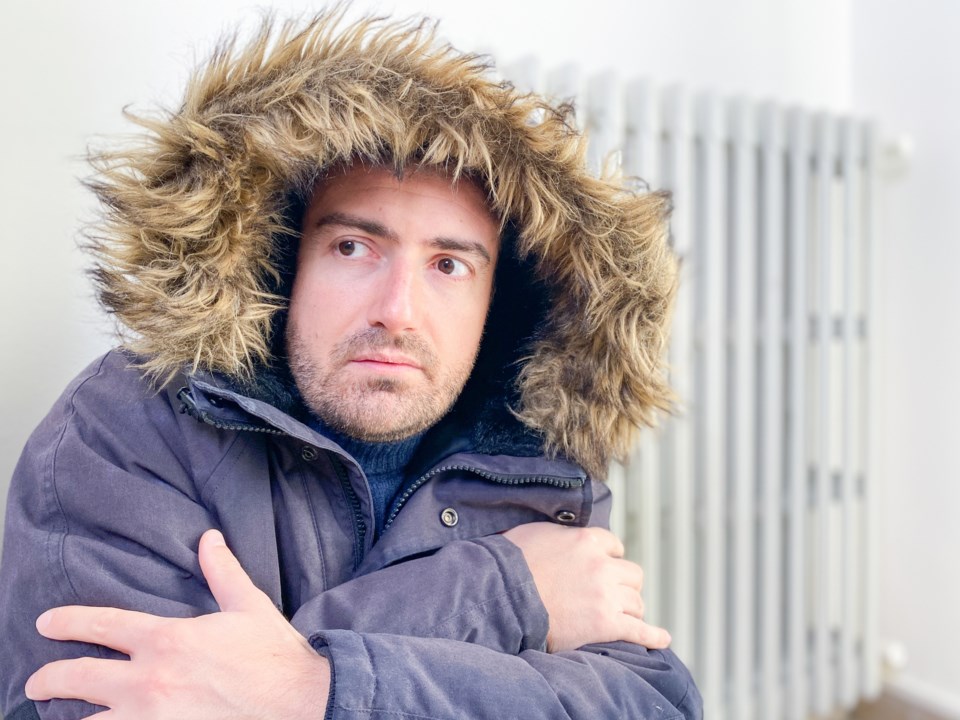With cold nights and short days in January, residential electricity will most likely be at its highest for the year.
Although B.C. usually has warmer winters than the rest of the country, the cold Arctic blasts can chip away at your utilities budget.
In fact, BC Hydro set a new record across the province with 10,800 megawatts used within an hour on Dec. 19, 2022.
According to recent Our World In Data stats, the average Canadian used five times more energy compared to the rest of the world in 2021.
“Much like everything else affected by inflation, the cost of natural gas in B.C. is also on the rise,” said Aaron Guillen, media and communications for BBB serving Mainland BC.
“The cost of natural gas is up by 30 per cent since the spring of 2022, according to BC Hydro.
“Now, electricity rates in B.C. are actually lower than natural gas prices, making it more affordable to heat a room with a heat pump instead of a gas furnace.
“Still, there are many ways to reduce electricity usage to save you big bucks down the road.”
Here are BBB’s top five tips to lower your energy bills this winter:
- Draft-proof your home to reduce heat loss. Use caulking and weather stripping to seal gaps and cracks around doors, windows and outlets to prevent heat from leaking out and cold air from coming in. Notably, doors and windows require a completely different approach than fireplaces and chimneys. This is another good reason for hiring a professional, someone with experience draft proofing various parts of the house. Look for the Sign of a Better Business by going to BBB.org and trusting an Accredited Business to get the job done right.
- Adjust your thermostat based on household activities. BC Hydro recommends 16 degrees Celsius when sleeping or away from home, 18 degrees when doing housework or cleaning, and 21 degrees when relaxing or watching TV. Turn off the heat when no one is home or when everyone is sleeping.
- Perform an energy audit. Go to BBB.org to find an Accredited Business that can perform an EnerGuide Home Evaluation – an energy evaluation helps you identify options to reduce energy bills. You may notice a spike in your energy consumption that helps you understand your high energy consumption.
- Ensure your ceiling fan blades turn clockwise. While ceiling fans do not lower or raise the temperature of the room, it’s common knowledge that wind and circulating air makes us feel cooler, which equals windchill. A ceiling fan can also make you feel warmer, not with the wind itself, but by using the fan to move warm air near the ceiling down to the living spaces below. Reversing the ceiling fan makes the air go up and down the wall, helping to redistribute the heat down to the floor. Locate the switch on your fan and make the adjustment only when your fan has come to a complete stop.
- Make small adjustments to your daily routine. Using cold water during laundry loads, unplugging electronics when not in use, turning off lights when you leave a room, taking shorter showers, or lowering the use of space heaters all contribute to a lowered energy bill. Keep windows covered with blinds and drapes for an extra layer of window insulation and wear several layers of clothing around your home.
For more tips on how to save money during the cold winter months, visit BBB.org/winter.





